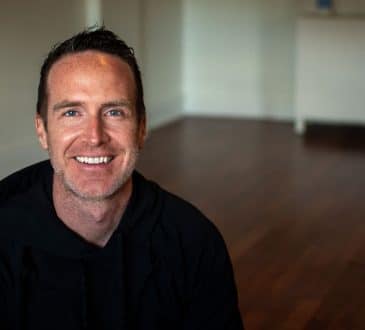How People Mislead Others

Leading things in a different direction is not rare. Today we will talk about the most popular ways people choose to mislead their friends, family, and co-workers.
Being a drama queen is a perfect example.
A situation where a false reaction proves this attitude appears when we see people overreacting over something. A person will react in an intense way to create something over nothing. This individual may not have deep feelings and be able to see things on another level. However, a big reaction may allow them to experience something they cannot feel based on the initial facts.
You may have noticed that people who are usually most hurt over certain situations are the most introverts, and their reaction is to become silent and spend more time with themselves. It is unlikely for these people to talk a lot about the event or even dare to open up about it. This happens because these people have many interpretations of a particular event. They have conclusions – which are not necessarily correct – and process the event in their minds a million times. The result is that they, after all, experience much more stuff over a simple fact than someone would expect.
On the contrary, a person who does not perceive all that may feel that they are empty and that their life does not have any challenges. The facts alone are not enough to offer thrill and excitement. To create that, they will pretend they have been upset so that finally, something will happen indeed. People will start focusing on them, asking questions, and showing concern. At the same time, the individual will have the illusion they have felt things. Being able to feel is something everybody wants, and facts have little to do with that; this is mostly linked to how we experience things rather than what actually happens. It is no mistake that these people will pretend at that point and follow the famous saying ”fake it, till you make it.”
Consider the example of a small kid that runs and falls and gets a little hurt. The child may not feel pain, but it will start crying. It does not cry because they are in pain but because they want to gain their parent’s attention. Apart from that, they understand something bad has happened, but they are unable to evaluate the extent of that. They know the ”right” reaction is not to laugh, and therefore they cry. It is their parents that will guide them with their response on how the kids should act in such cases. If the parent gets anxious and shows they are concerned, they will pass the message that this was indeed something serious. At the same time, they will encourage a behavior where someone will create a scene without having a real reason. As the child enjoys the parents’ attention, it is possible to repeat this behavior and adopt it in their adult life.
Lies over lies are easier than truth.
The other part has to do with the relationship someone has with the truth. Simply lying is the most popular way to mislead people. A person who lies does not have a problem when the truth is revealed. Truth can be covered again with another lie. A liar is used to this process, knows how to do it, and will not hesitate to lie again if they have already done it once. However, the truth is one. If people react negatively when you tell the truth, there is nothing you can do to change that. You cannot lie because you would not be that type of a person if you did. You will have to accept the consequences, like the fact that some people may dislike you or that a sycophant will imply you were the one to lie. Controlling people are aware of this technique and will hardly ever bother to tell the truth. Their purpose is to achieve a particular result, and truth has nothing to do with that. On the other hand, combining lies in the right way is not more carefree as it demands a lot of time to figure out exactly what you want to say, and since it is science fiction, this will require some time.
Bring the best of the CEOWORLD magazine's global journalism to audiences in the United States and around the world. - Add CEOWORLD magazine to your Google News feed.
Follow CEOWORLD magazine headlines on: Google News, LinkedIn, Twitter, and Facebook.
Copyright 2025 The CEOWORLD magazine. All rights reserved. This material (and any extract from it) must not be copied, redistributed or placed on any website, without CEOWORLD magazine' prior written consent. For media queries, please contact: info@ceoworld.biz








